Exploring the Types of Numerology: An In-Depth Guide
Numerology, the mystical study of numbers and their meanings, has been practiced for centuries across various cultures. It delves into the significance of numbers in our lives, offering insights into personality traits, life paths, and even future events.
This blog will explores six major types of numerology: Chaldean Numerology, Pythagorean Numerology, Lo Shu or Chinese Numerology, Arabic Numerology, Indian Numerology, and Kabbalah Numerology.
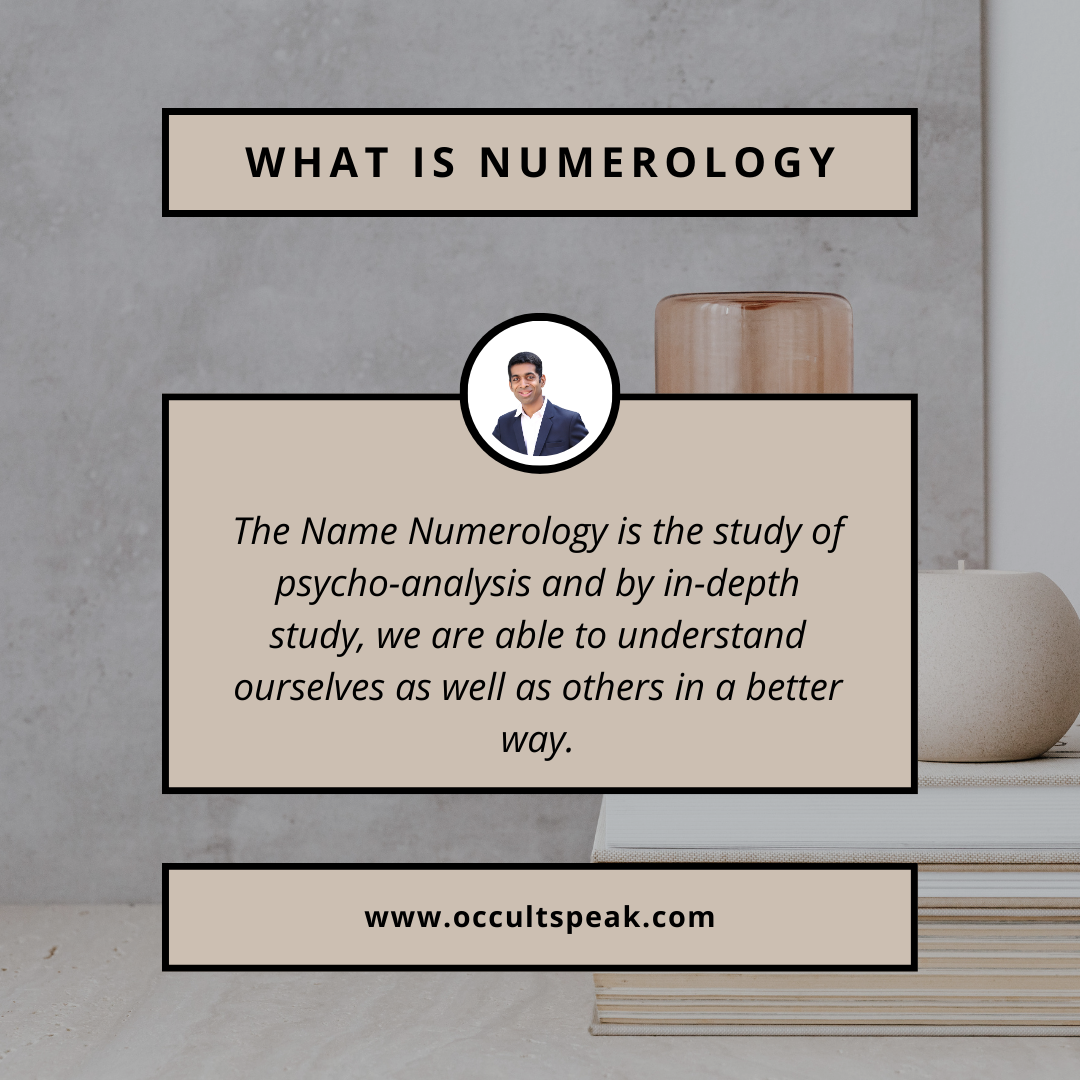
Chaldean Numerology and Types of Numerology
Origins and Background:
Chaldean Numerology, one of the oldest numerological systems, originates from ancient Babylon. It is deeply rooted in mysticism and was developed by the Chaldeans, a priestly caste in Babylonia.
Core Principles:
Alphabet to Numbers: Chaldean Numerology assigns specific numbers to each letter based on vibrational values. Unlike Pythagorean Numerology, which uses numbers 1 to 9, Chaldean Numerology uses numbers 1 to 8.
Compound Numbers:It places significant emphasis on compound numbers (double digits), considering them more revealing of a person’s true nature than single digits.
Name Analysis: The system focuses heavily on the analysis of names. Each letter in a name has a corresponding number, and the sum of these numbers reveals personality traits and potential future outcomes.
Key Concepts:
Single and Compound Numbers: Single numbers (1-9) represent basic character traits, while compound numbers (10, 11, 12, etc.) provide deeper insights into a person’s destiny.
Name Change:Often, changes in name spelling are recommended to achieve a more favorable number alignment.
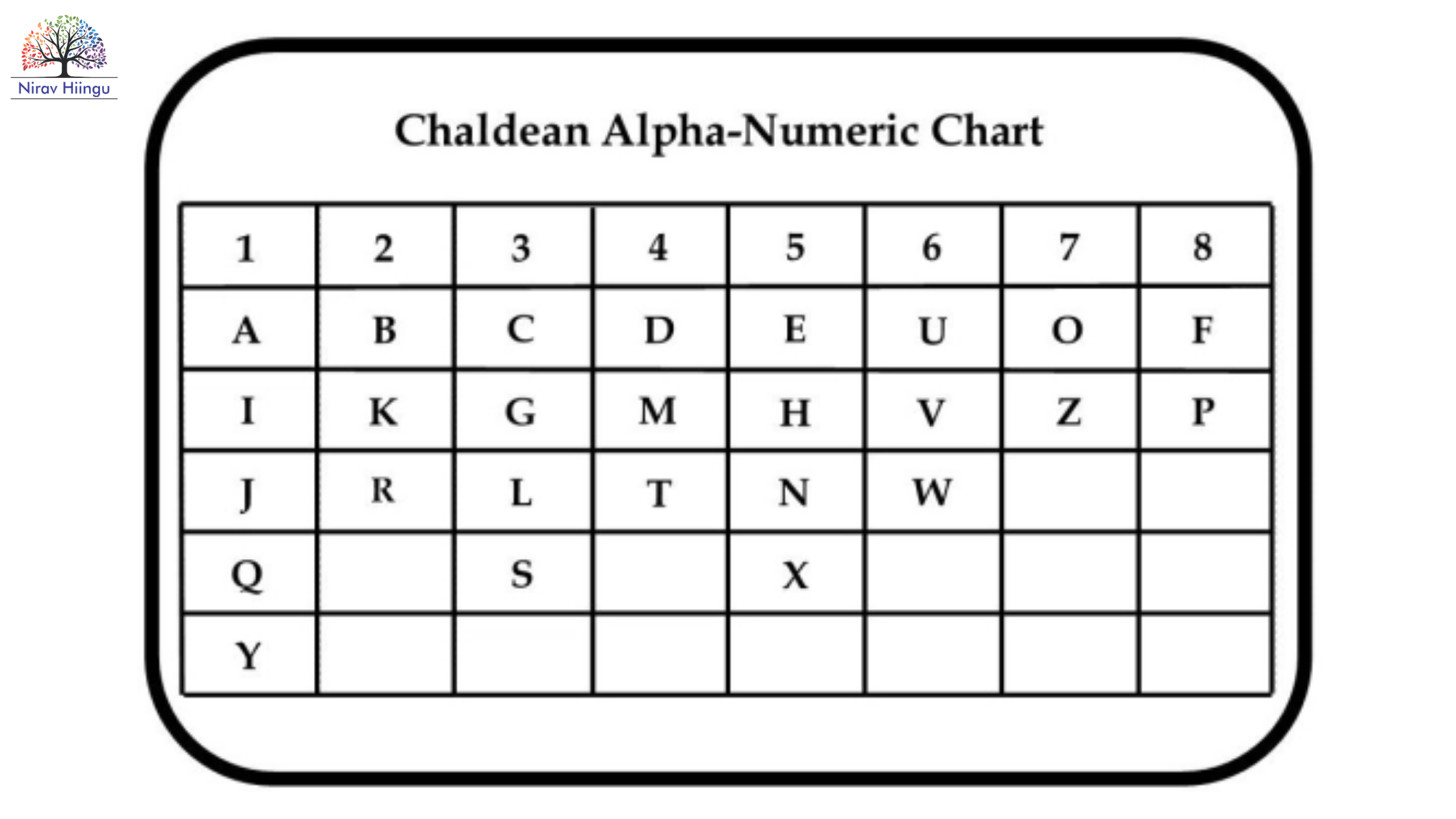
Pythagorean Numerology and Types of Numerology
Origins and Background :
Pythagorean Numerology, also known as Western Numerology, was developed by the ancient Greek philosopher Pythagoras. This system is widely used today and is known for its straightforward approach.
Core Principles:
Alphabet to Numbers:
It assigns numbers 1 to 9 to the letters of the alphabet (A=1, B=2, …, I=9, J=1, etc.).
Life Path Number:The most critical number in Pythagorean Numerology is the Life Path Number, derived from the birth date. It reflects one’s journey, opportunities, and challenges.
Name Numbers: It also analyzes names by converting letters to numbers and summing them to reveal personality and destiny.
Key Concepts:
Life Path Number:Calculated by summing the digits of the full birth date and reducing to a single digit (e.g., July 20, 1985, becomes 7 + 2 + 0 + 1 + 9 + 8 + 5 = 32, and 3 + 2 = 5).
Expression Number: Derived from the full birth name, it indicates natural abilities and talents.
Soul Urge Number: Derived from the vowels in the name, it reflects inner desires and motivations.
Lo Shu or Chinese Numerology and Types of Numerology
Origins and Background:
Lo Shu Numerology, also known as Chinese Numerology, is based on the ancient Lo Shu grid, which dates back over 4,000 years. This system is intertwined with Chinese philosophy and Feng Shui.
Core Principles:
Lo Shu Grid: A 3×3 grid where numbers 1 to 9 are arranged in a specific pattern. Each number corresponds to an element and direction in Feng Shui.
Magic Square: The grid is considered a magic square because the numbers in each row, column, and diagonal add up to 15.
Elemental Associations: Each number is associated with one of the five elements (Wood, Fire, Earth, Metal, Water), which influence personality and destiny.
Key Concepts:
Kua Number: Derived from the birth date and gender, it is used in Feng Shui to determine favorable directions and energies.
Health and Relationships:The placement of numbers in the grid is believed to influence various aspects of life, including health, wealth, and relationships.
Numerical Patterns: Analyzing the patterns and missing numbers in the grid can reveal strengths and weaknesses in an individual’s life.
Arabic Numerology and Types of Numerology
Origins and Background:
Arabic Numerology has its roots in the Islamic Golden Age, influenced by scholars and mathematicians such as Al-Kindi and Al-Farabi. It blends traditional numerological concepts with Arabic culture and philosophy.
Core Principles:
Abjad System: Uses the Abjad numerals, where each Arabic letter has a corresponding numerical value.
Astrological Influence: Often incorporates elements of astrology, linking numbers to celestial bodies and astrological signs.
Divine Names: Focuses on the numerology of divine names and verses from the Quran.
Key Concepts:
Personal Name Numbers: Analyzing the numerical values of the letters in a person’s name to uncover personality traits and destiny.
Astrological Charting: Using birth date and name to create an astrological numerology chart.
Quranic Verses:Interpreting the numerical values of verses and their significance in an individual’s life.
Indian Numerology and Types of Numerology
Origins and Background:
Indian Numerology, also known as Vedic or Hindu Numerology, is an ancient system rooted in the Vedas, the oldest scriptures of Hinduism. It is closely linked with astrology and the Hindu belief system.
Core Principles:
Numbers and Planets: Each number from 1 to 9 is associated with a specific planet (e.g., 1 with the Sun, 2 with the Moon).
Birth and Name Numbers: The system emphasizes the importance of both the birth number (derived from the birth date) and the name number (derived from the name).
Compatibility: Analyzing the compatibility of numbers to ensure harmonious relationships and success.
Key Concepts:
Life Path Number: Similar to Pythagorean Numerology, it is derived from the birth date and reveals life purpose.
Destiny Number: Derived from the full birth name, indicating one’s life mission and destiny.
Soul Number: Based on the vowels in the name, reflecting inner desires and motivations.
Compatibility Charts: Comparing numbers to assess compatibility in relationships, business partnerships, and other areas of life.

Kabbalah Numerology and Types of Numerology
Origins and Background:
Kabbalah Numerology, rooted in Jewish mysticism, is derived from the Kabbalah, a mystical and esoteric interpretation of the Hebrew scriptures. This system, also known as Hebrew Numerology, integrates spiritual insights with numerical values.
Core Principles:
Hebrew Alphabet:Each letter of the Hebrew alphabet has a specific numerical value, and the Kabbalistic tradition interprets these values to reveal deeper spiritual meanings.
Names and Scriptures: Kabbalah Numerology places a strong emphasis on the analysis of names, especially those found in sacred texts, to understand one’s spiritual path and destiny.
Life Path and Soul’s Purpose: By examining the numerical values of a person’s name and birth date, Kabbalah Numerology seeks to uncover one’s life path and soul’s purpose.
Key Concepts:
Gematria: A form of numerology that assigns numerical values to words and phrases in Hebrew, revealing hidden meanings and connections.
Tree of Life: A central symbol in Kabbalah, the Tree of Life, consists of ten spheres (sephiroth), each associated with a number and a specific aspect of existence.
Name Analysis: Analyzing the numerical values of the letters in a person’s name to uncover personality traits and spiritual lessons.
Conclusion
Numerology offers a fascinating glimpse into the mystical significance of numbers in our lives. Whether you are drawn to the ancient wisdom of Chaldean Numerology, the structured approach of Pythagorean Numerology, the cultural depth of Lo Shu Numerology, the spiritual insights of Arabic Numerology, the astrological connections of Indian Numerology, or the esoteric teachings of
Kabbalah Numerology, each system provides unique tools for self-discovery and personal growth. Exploring these diverse traditions can enrich your understanding of the world and your place within it.
Let me know, how did you find this article on Different types of Numerology ?
Digital Numerologist
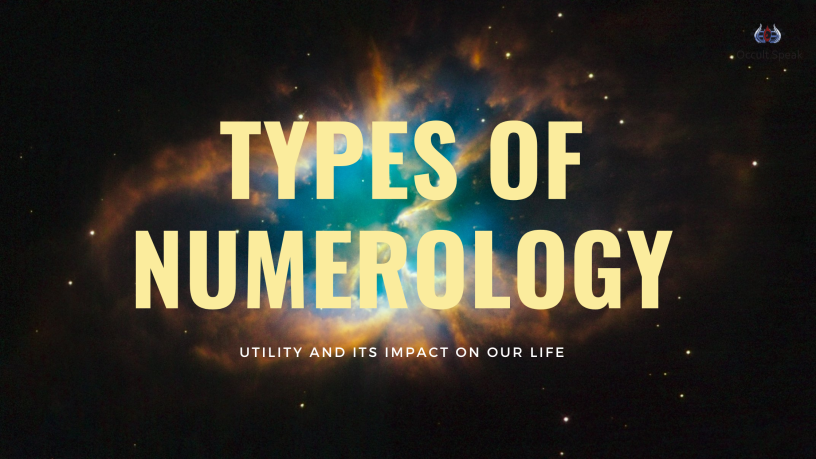
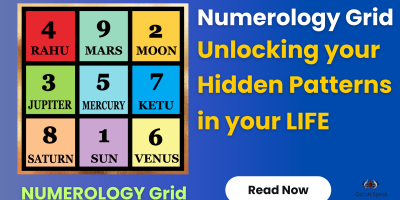


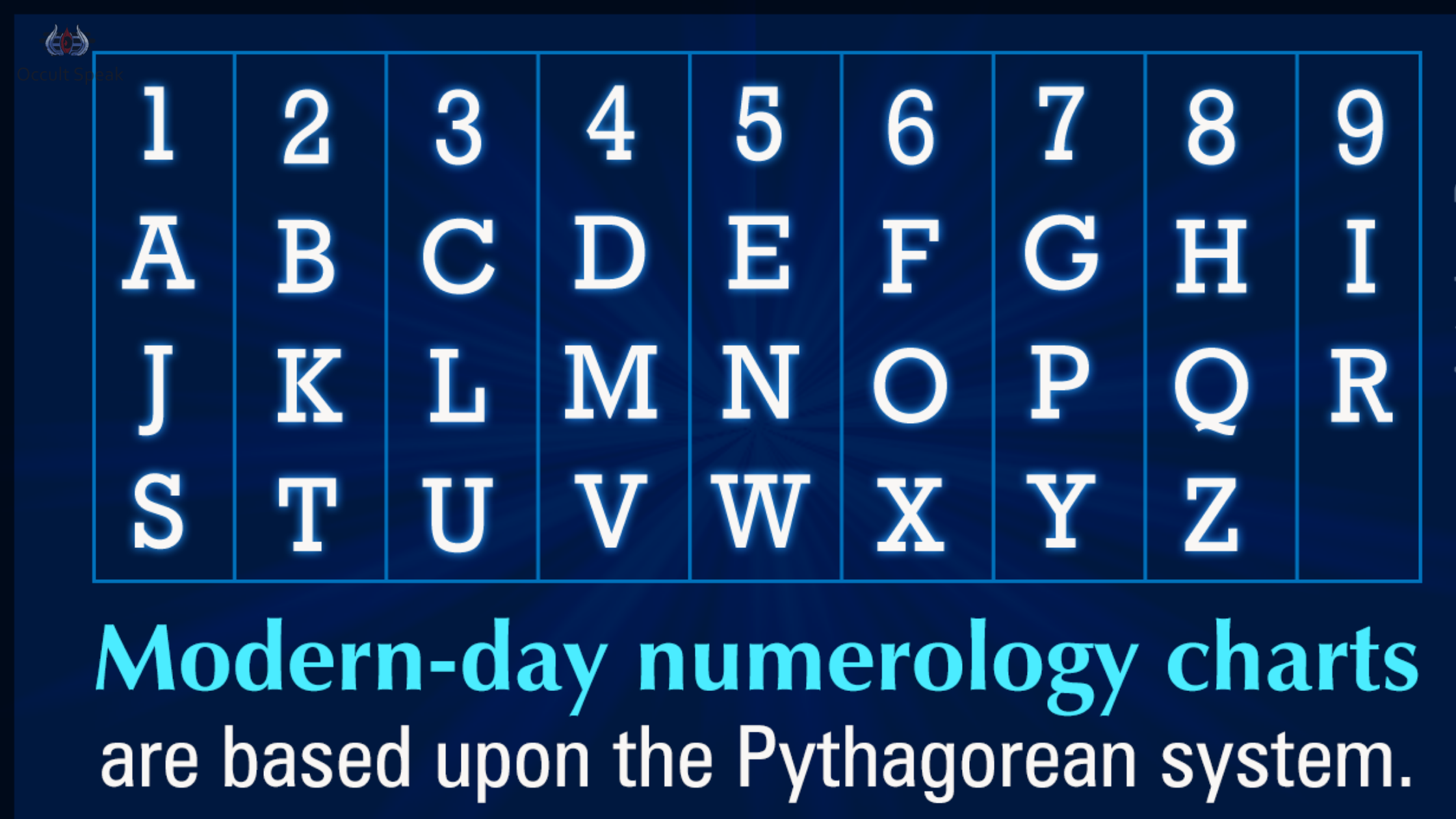

Raajiev Sharma
Dear Nirav
Thank you so much for writing this article. Though I am novice in Numerology, however I can easily feel that you have in depth knowledge on the subject, even I can understand the concept of different types Numerology. One suggestion, I would appreciate if you add one or two examples, that would help in understanding the practical use of Numerology. Thanks